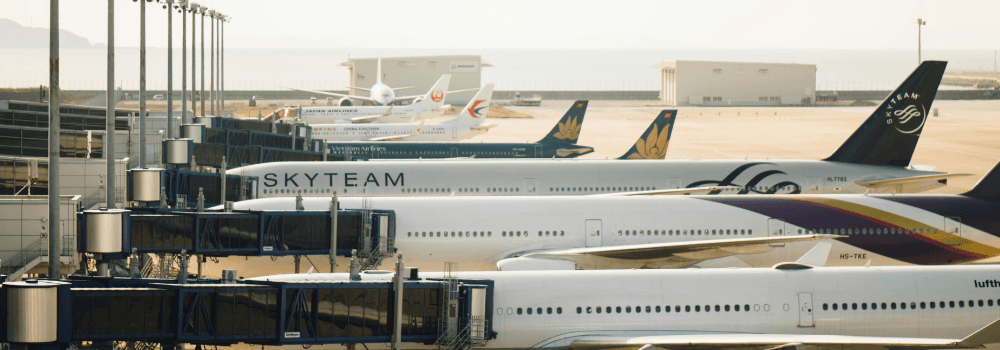The Rise of Boutique Airlines in a Challenging Market
Boutique airlines, also known as micro or startup carriers, are emerging as agile disruptors in the aviation sector. Unlike global flag carriers or large low-cost operators, boutique airlines offer targeted services—typically prioritising customer experience, niche routes, or underserved regional markets.
While the aviation industry continues to recover and evolve after the pandemic, these smaller players are rethinking traditional airline business models. According to FlightGlobal, boutique airlines have gained traction by being nimble, tech-forward, and customer-obsessed.
How Do Boutique Airlines Compete with Incumbents?
Large carriers benefit from economies of scale, extensive fleets, and global networks. But these advantages also come with bureaucracy, slower decision-making, and high operational costs. Boutique airlines thrive by being the opposite.
Key differentiators of boutique airline models:
-
Niche Markets: Focusing on specific routes neglected by major airlines (e.g., underserved regional airports or luxury holiday destinations).
-
Customer-Centric Service: Offering personalised experiences, often with fewer passengers and bespoke cabin configurations.
-
Lower Overheads: Operating leaner teams, flexible leasing arrangements, and a mix of wet or dry-leased aircraft.
-
Tech Integration: Cloud-based operations, contactless booking systems, and digital-first customer engagement platforms.
These advantages allow startups to adapt quickly to market shifts, test new routes, and deliver value to specific customer segments faster than legacy carriers.
A New Era in Aviation Recruitment
Recruitment is a critical battlefield where boutique airlines must compete with global brands for top-tier aviation talent. Traditional recruitment methods are no longer enough.
To survive and thrive, boutique airlines are using modern recruitment strategies that combine digital innovation, employer branding, and global talent networks. Key tactics include:
1. Hiring for Culture Fit and Agility
Startup airlines prioritise adaptability, entrepreneurial mindsets, and multi-skilled aviation professionals. Cabin crew, ground staff, and engineering teams often need to wear multiple hats, making soft skills just as important as certifications.
This agile hiring model is especially appealing to early-career professionals and experienced staff seeking variety and ownership.
2. Remote and Contract Talent Pools
Smaller airlines are increasingly hiring technical experts on short-term contracts, particularly in roles such as aircraft engineering, operations management, and IT infrastructure.
VHR supports this approach through our on-demand labour supply model, offering fully compliant contract staffing in over 50 countries. This allows boutique carriers to scale up quickly without the long-term cost burdens of traditional employment.
3. Employer Branding and Global Outreach
Without the name recognition of major airlines, boutique carriers must work harder to attract top talent. This includes investing in employer branding, authentic social media engagement, and partnerships with recruitment specialists who understand international aviation talent flows.
At VHR, our multilingual recruitment experts connect boutique airlines with skilled professionals worldwide, from EASA-licensed engineers to highly experienced cabin crew.
Creating Opportunities for Aviation Professionals
The rise of boutique airlines offers exciting opportunities for job seekers. Those looking to break into the sector—or to explore more dynamic and less corporate environments—can find meaningful careers in these startup ventures.
Boutique carriers value passion, flexibility, and problem-solving abilities. Candidates who want to contribute to building something new from the ground up may find this environment far more rewarding than traditional airline roles.
Why Talent is the Greatest Equaliser
The aviation sector is once again changing—this time not led by larger legacy players, but by smaller, bolder entrants. Boutique airlines are showing that with the right strategy, smart recruitment, and access to global talent, they can thrive even in a market dominated by giants.
VHR is proud to support both startup and established airlines in building the skilled teams they need to succeed. Whether you’re scaling operations, launching a new route, or looking for technical specialists, our Aerospace & Aviation recruitment solutions are designed to help you grow efficiently and ethically.





